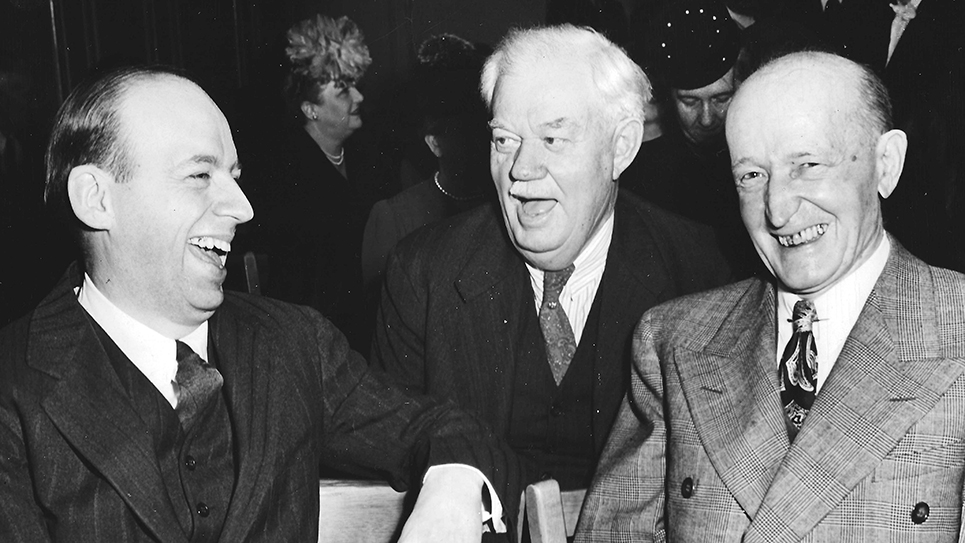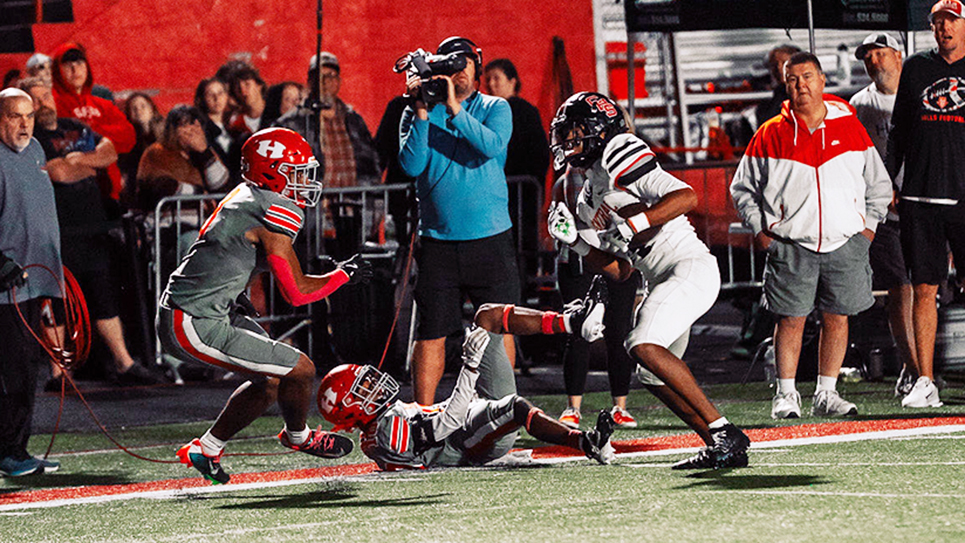By Jedidiah McKeehan
You may have heard of the legal title, “Clerk and Master,” at some point. What does that term mean? Who is that person? Is it the same person? Yes, it is a weird name for one person. The Clerk and Master performs some of the same duties as the Clerk of a Circuit Court, but they do this for the Chancery Courts and their duties can also be very different as well.
However, unlike the Clerk, who is always elected, some Clerk and Masters are elected, and some are appointed by the Chancellor(s). The Clerk and Master and his office is charged with keeping and executing dockets, filing and entering documents, pleadings, papers and exhibits, invest funds, attend court, legal custodian of court records, administer oaths, issue summons, writs, executions, subpoenas, prepare court records, and collect revenue.
The Clerk and Master not only has administrative duties, but also sits in a judge type role as the judicial officer for probate matters, and oversees the probate of wills and administration of estates. These duties can include appointing personal representatives, guardian ad litems and conservators, and generally handling all matters related to estates.
Significant estate decisions made by the Clerk and Master require the Chancellor to sign off on them. However, the Clerk and Master duties include quite a bit more than simply administering and manage the paperwork related to a government office.
Jedidiah McKeehan is an attorney practicing in Knox County and surrounding counties. He works in many areas, including criminal, personal injury, landlord-tenant, probate, and estate planning. Visit attorney-knoxville.com for more information about this legal issue and other legal issues.






